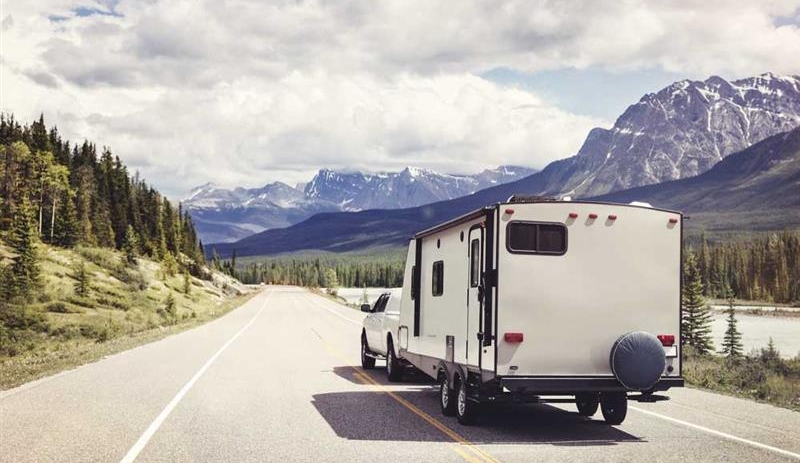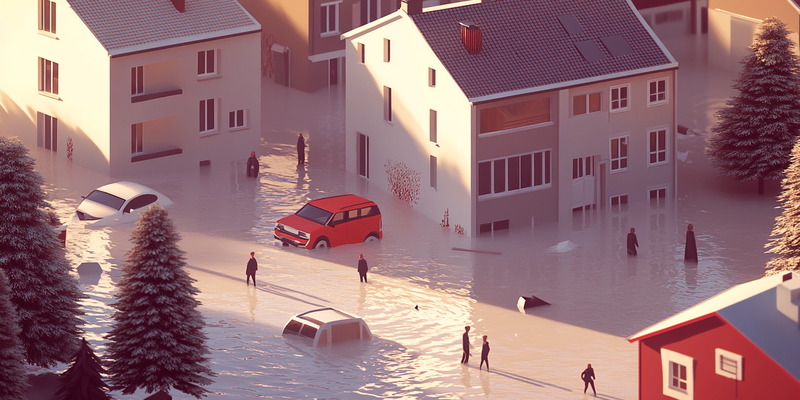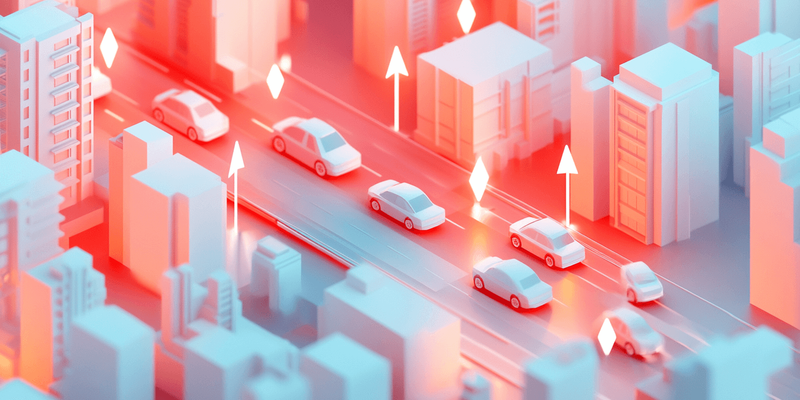
If you are not redirected within 30 seconds, please click here to continue.
Samedi: 10h – 16h HAE

If you are not redirected within 30 seconds, please click here to continue.
If you are not redirected within 30 seconds, please click here to continue.
4 Sure-Fire Ways to Cut Your Gas Costs

- Keep your tires properly inflated to help your car run more efficiently — it can save you up to two weeks’ worth of gas each year.
- Studies have shown that idling for 10 minutes uses about a third of a litre of gas.
- Slow down! Driving at 120 km/h uses about 20% more fuel than 100 km/h.
Long weekends are notorious for higher-than-usual gas prices, and this year is no exception. Gas prices are nearing historic highs across southern Ontario, jumping three cents on Wednesday, September 1 to 141.9 cents per litre.
Don’t let these ghastly fuel prices stop you from enjoying the last few days of summer. Here are some tips on how to save when filling up the tank.
Do your research and plan ahead
While gas stations tend to raise and lower their prices in tandem, there are always those stations that somehow manage to undercut everyone else. Do your research online before you leave, so you know which one has the best deal on fuel.
If you’re in the planning stages of your trip, choosing a destination closer to home will save you more on gas. The further you go, the more fuel you’ll need. Or if travelling with friends, organize a carpool so you can all split the cost of gas.
Drive smart
Take your car in for a routine tune-up before the big trip. An oil change and good tire pressure will make sure your vehicle is running as efficiently as possible. According to Natural Resources Canada, a poorly maintained car can cost the equivalent of up to 15 cents more per litre on fuel.
Some items to keep in mind include:
- Keep your tires properly inflated to help your car run efficiently — it can save you up to two weeks’ worth of gas each year.
- Improve your gas mileage by 1-2% by using the manufacturer’s recommended grade of motor oil. If you use anything else, you’re likely not getting all you can from your car.
Now that you’re on the road, consider this checklist of ways to make your vehicle even more fuel-efficient:
- Plan your route and keep traffic in mind to avoid idling time. Stop-and-go driving uses more fuel than driving on the highway. Studies have shown that idling for 10 minutes uses about a third of a litre of gas, making that stop at the drive-thru for coffee costly.
- Reduce the amount of baggage you have in the vehicle to achieve better fuel economy. For every 100 additional pounds you store in your car, you are lowering the mileage you get per tank by 1-2%.
- Remove unused roof racks. A roof rack takes a toll on your car’s aerodynamics, causing drag and decreasing your car’s fuel efficiency.
- Accelerate and brake smoothly. It’s estimated that hard starts and stops can lower your gas mileage by roughly 15-30% at highway speeds and 10-40% in stop-and-go traffic.
- Driving at 120 km/h uses about 20% more fuel than 100 km/h. You can also use cruise control on the highway to reduce your gas usage by as much as 35%.
- Open the windows and use the AC only as needed instead of blasting the air conditioning throughout the trip.
Put your plastic to work
There is no escaping purchasing gas when you’re a car owner (unless you’ve gone fully electric), but you can minimize your costs with a gas rewards credit card that offers cash back or points for filling up the tank.
Leave your wheels behind
While it might not make a lot of sense on a road trip, consider leaving your car behind when you can. Once at your destination, take a stroll or rent bikes instead of driving, eat at nearby restaurants, and discover local attractions. It can cut your fuel consumption and save you money.
Don't waste time calling around for auto insurance
Use RATESDOTCA to shop around, and compare multiple quotes at the same time.
Get money-saving tips in your inbox.
Stay on top of personal finance tips from our money experts!









